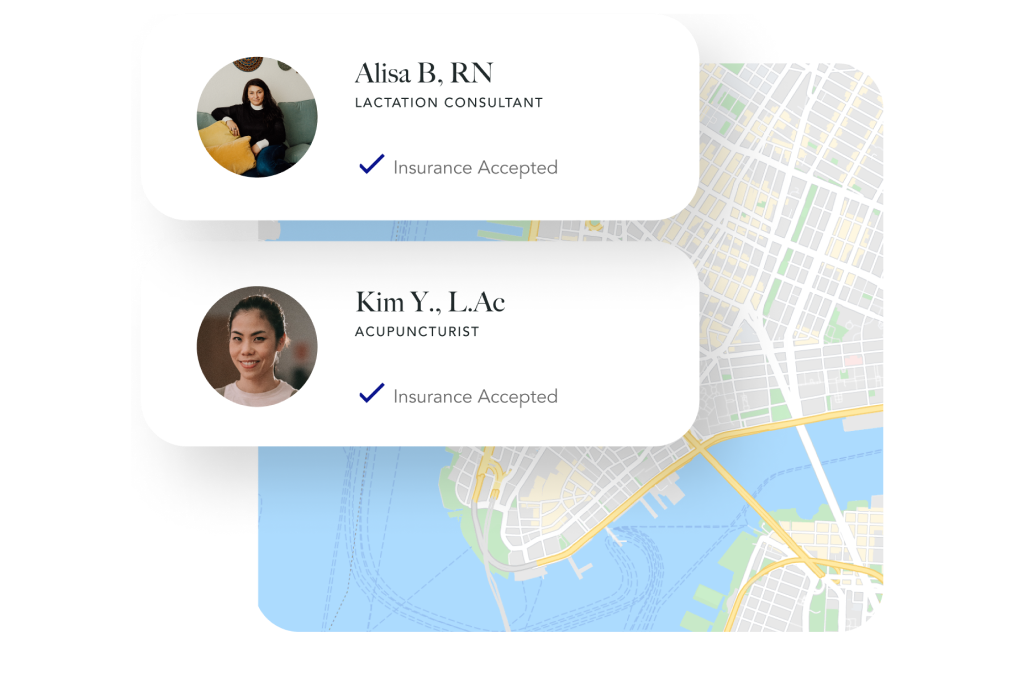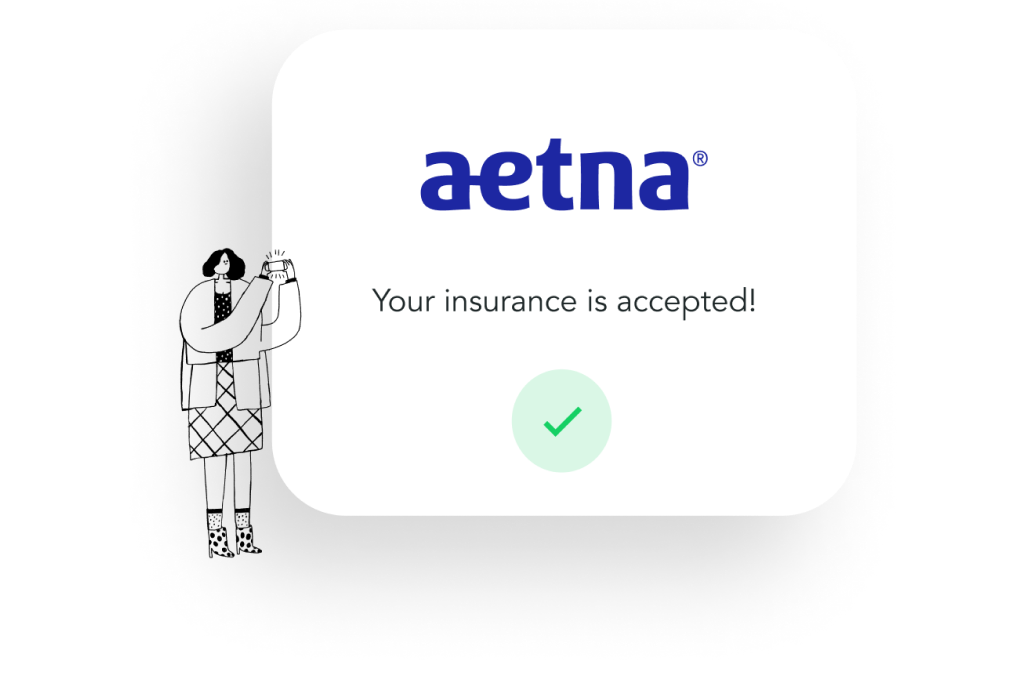
Our Specialties
Find POTS Nutritionists Near Me
90% of Zaya patients pay $0 for one-on-one nutrition counseling with a registered dietitian.
Find A POT Nutritionist Near MeBrowse our directory of POTS nutritionists — and book your visit online using your insurance.

Find the right care for you.

Pay with your insurance.

Book your visit online.
Get a provider who gets you.
Our providers are nutrition experts and take the time to get to know you and your needs.
Real talk from real patients.
Have questions? We’ve got answers.
For more information about how Zaya works, check out our frequently asked questions.
View FAQsMore about postural orthostatic tachycardia syndrome (POTS) & our dietitians
What is postural orthostatic tachycardia syndrome (POTS)?
Postural Orthostatic Tachycardia Syndrome (POTS) is a condition characterized by an abnormal increase in heart rate when transitioning from a lying down or seated position to an upright position.
This rapid heart rate, known as tachycardia, can cause symptoms such as dizziness, lightheadedness, fatigue, and fainting. POTS is often accompanied by other symptoms like palpitations, brain fog, and difficulty regulating body temperature.
The exact cause of POTS is unknown, but it is believed to involve dysfunction in the autonomic nervous system, which controls vital bodily functions such as heart rate, blood pressure, and digestion. Treatment for POTS typically focuses on lifestyle modifications, medication, and physical therapy.
What causes POTS?
POTS can develop in individuals of any age, although it predominantly affects women between the ages of 15 and 50. Some women experience heightened episodes of POTS prior to their menstrual periods.
The onset of POTS often occurs following events such as pregnancy, significant surgery, trauma, or a viral illness. Individuals with POTS may find it challenging to engage in physical exercise as it can trigger episodes of fainting or dizziness.
What are the symptoms of POTS?
In patients with POTS, the cardiac structure is typically normal, and the symptoms of POTS stem from a combination of the following factors:
- Insufficient blood volume in circulation
- Excessive pooling of blood below the heart level when standing upright
- Elevated levels of certain hormones, such as epinephrine (also known as adrenaline) and norepinephrine, released by the adrenal glands and nerves
Common symptoms of POTS include:
- Dizziness or lightheadedness upon standing
- Rapid heart rate (tachycardia)
- Fainting or near-fainting episodes (syncope or presyncope)
- Fatigue or weakness
- Brain fog or difficulty concentrating
- Headaches
- Palpitations or irregular heartbeats
- Shortness of breath
- Gastrointestinal issues such as nausea or abdominal pain
What are the risks of POTS?
The treatment for POTS aims to address low blood volume and regulate circulatory issues that contribute to the disorder. Several medications have shown effectiveness in the short term, although their long-term benefits remain uncertain.
Simple interventions like increasing salt intake and ensuring adequate fluid intake are often helpful. However, it’s essential to note that the effects of treatment can vary for each individual.
Complications associated with POTS may include:
- Development of anxiety and depression due to the chronic nature of the condition.
- Impaired cognitive function and difficulties with memory and concentration.
- Fatigue and decreased physical stamina, limiting daily activities.
- Increased risk of injuries from fainting or near-fainting episodes.
- Sleep disturbances and disorders.
- Negative impact on overall quality of life and psychological well-being.
In some cases, POTS can lead to secondary conditions such as fibromyalgia or other chronic pain disorders.
When to see a POTS nutritionist
When managing postural orthostatic tachycardia syndrome (POTS), working with a specialized nutritionist can offer valuable support in optimizing your nutritional intake and overall well-being.
A POTS nutritionist understands the unique dietary considerations associated with this condition and can provide personalized guidance. You should consider working with a POTS nutritionist if you:
- Struggle with maintaining proper hydration and fluid balance.
- Experience difficulties in managing symptoms such as dizziness, lightheadedness, and fainting.
- Have challenges with maintaining a balanced diet due to digestive issues or food sensitivities.
- Need guidance on managing medication side effects or interactions with food.
- Need support in addressing nutrient deficiencies or imbalances that may arise from POTS symptoms.
- Desire to optimize your overall health and well-being through targeted nutritional strategies.
How Zaya Care’s POTS dietitians can help
When working with a nutritionist specializing in postural orthostatic tachycardia syndrome (POTS), individuals can expect personalized guidance and support tailored to their specific needs.
In the first appointment, the nutritionist will conduct a comprehensive assessment, reviewing medical history, current diet, symptoms, and any dietary restrictions or concerns related to POTS. They will work with you to establish goals and develop a customized POTS diet to address your unique needs.
During follow-up appointments, the nutritionist will monitor your progress and make adjustments to the nutrition plan as needed. They may provide ongoing education and support to help you navigate dietary challenges and optimize your nutritional intake.
A POTS nutritionist will also collaborate with other healthcare providers to ensure comprehensive care and may recommend specific strategies such as increasing salt and fluid intake, balancing meals to stabilize blood sugar levels, and managing food-related symptoms.
Overall, a nutritionist specializing in POTS can play a crucial role in empowering individuals to make informed dietary choices, manage symptoms, and improve their overall well-being through targeted nutrition interventions.
Benefits of working with a Zaya Care POTS dietitian
Zaya Care’s POTS nutritionists are committed to providing personalized and evidence-based nutrition guidance for improving your health. Our experts possess knowledge in managing POTS through diet and nutrition, staying up to date with the latest research.
When you work with our team, your nutritionist will take into account your medical history, dietary preferences, and lifestyle factors to create a tailored plan. They will incorporate foods that can help alleviate your symptoms and enhance your overall well-being.
We recognize the emotional aspects of food and eating, and our nutritionists offer a safe and supportive environment to address any issues related to your relationship with food. They will guide you in developing a healthier approach to eating and resolving emotional eating patterns.
Throughout your health journey, your nutritionist will provide ongoing support, motivation, and accountability. They will assist you with meal planning, navigating social situations, and making informed choices that optimize your cardiovascular health and overall well-being.
Working with a Zaya Care nutritionist specializing in POTS empowers you to take charge of your nutrition and make positive changes for your health. Our team is dedicated to helping you achieve your goals and improve your quality of life.




